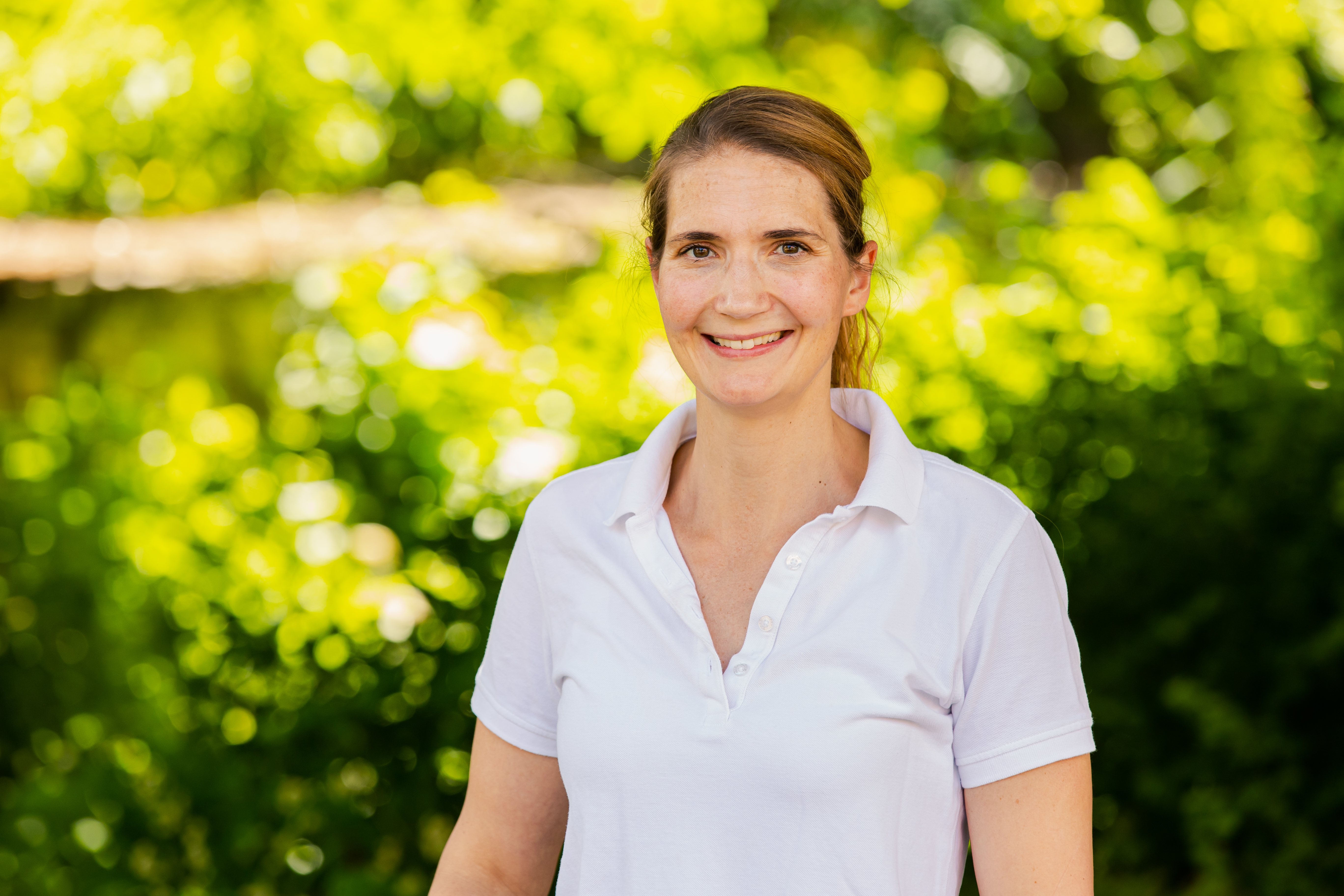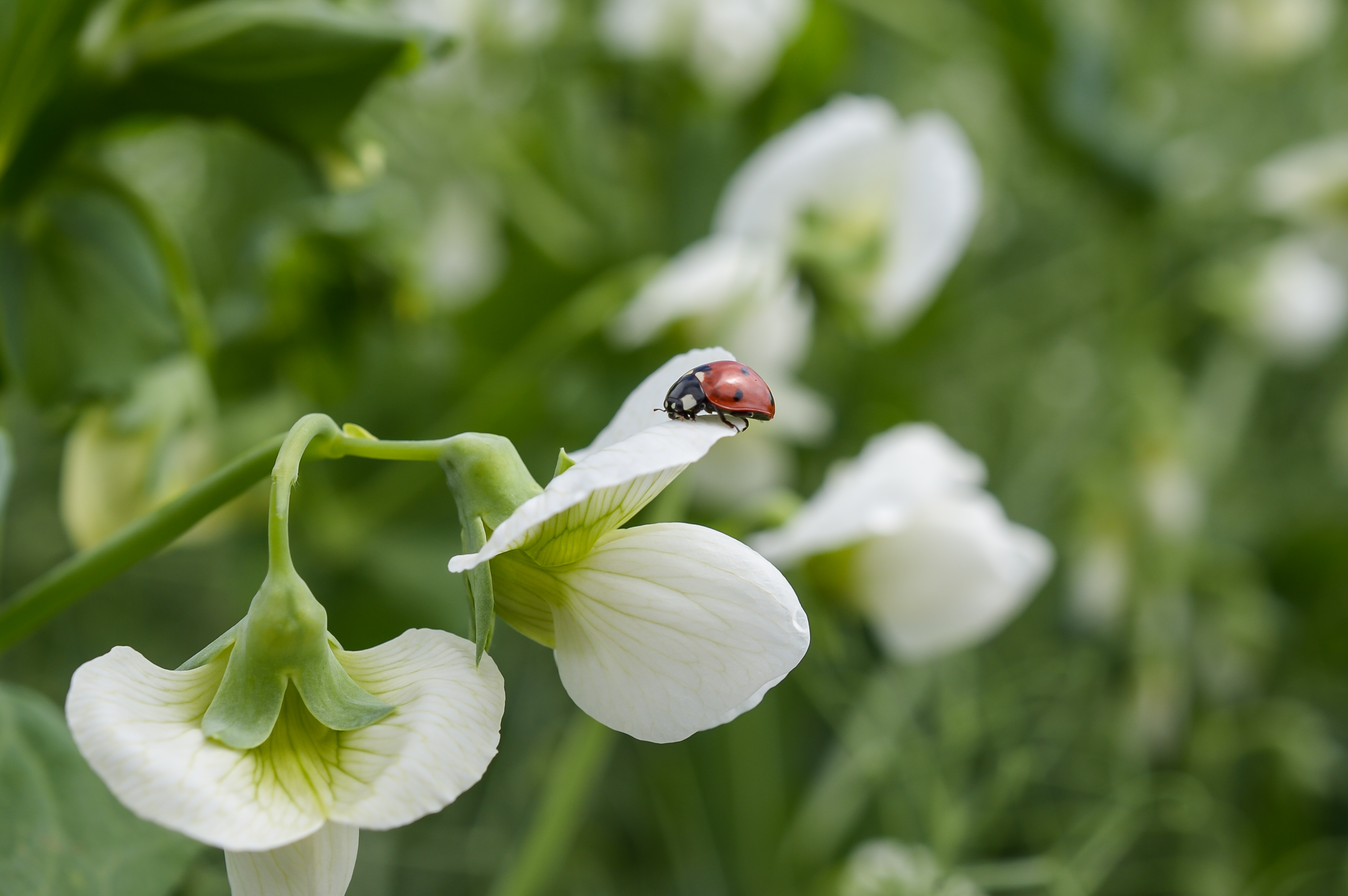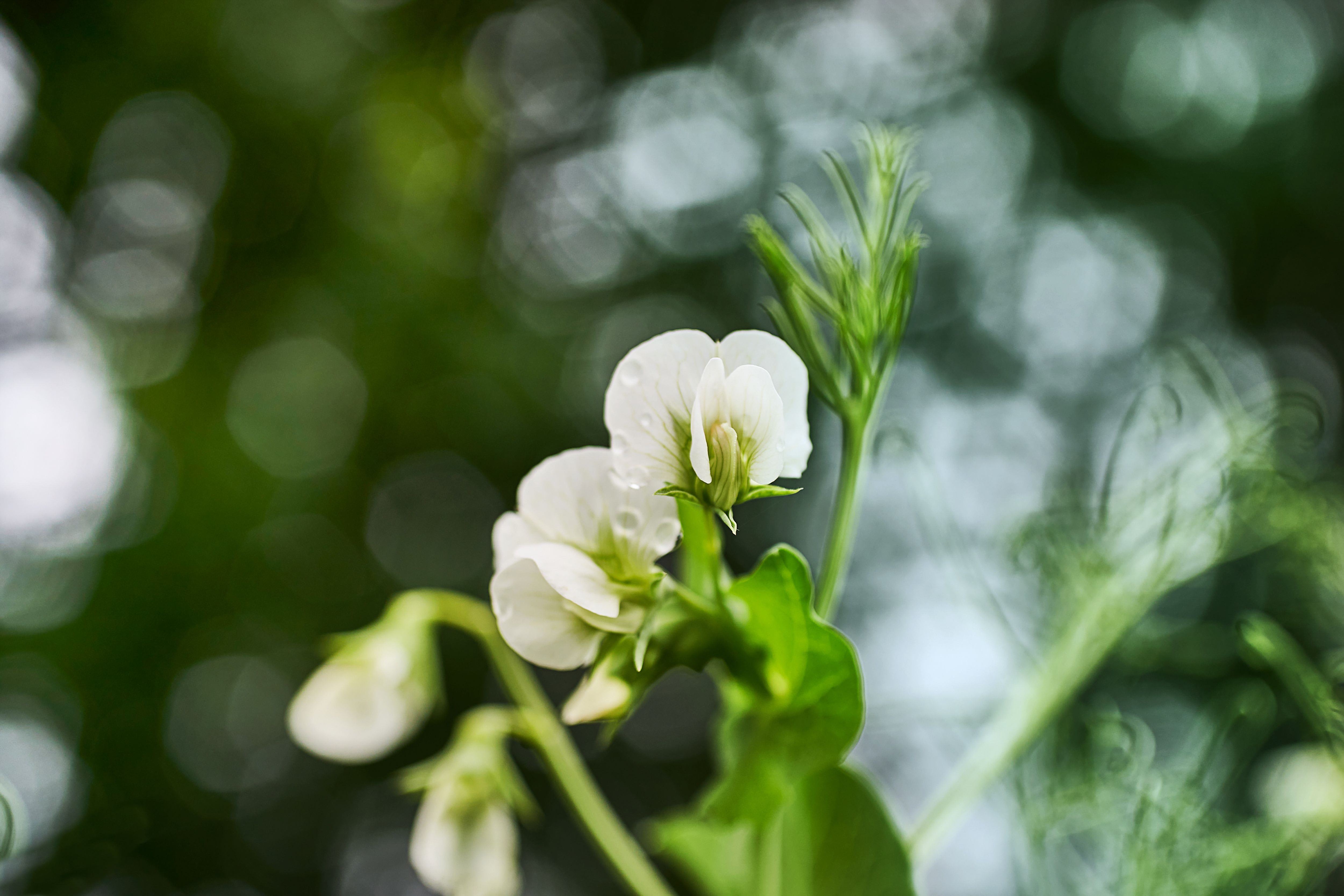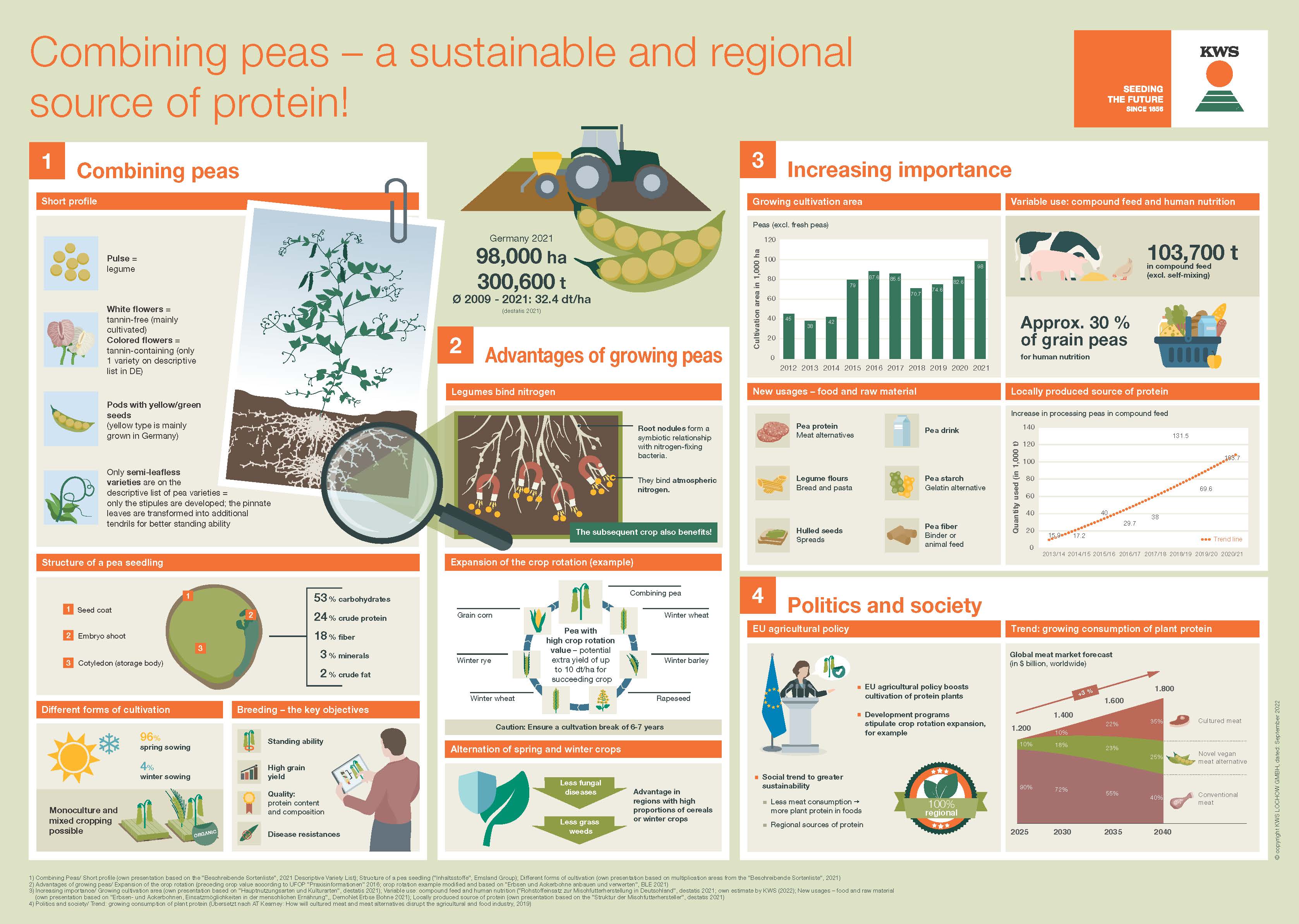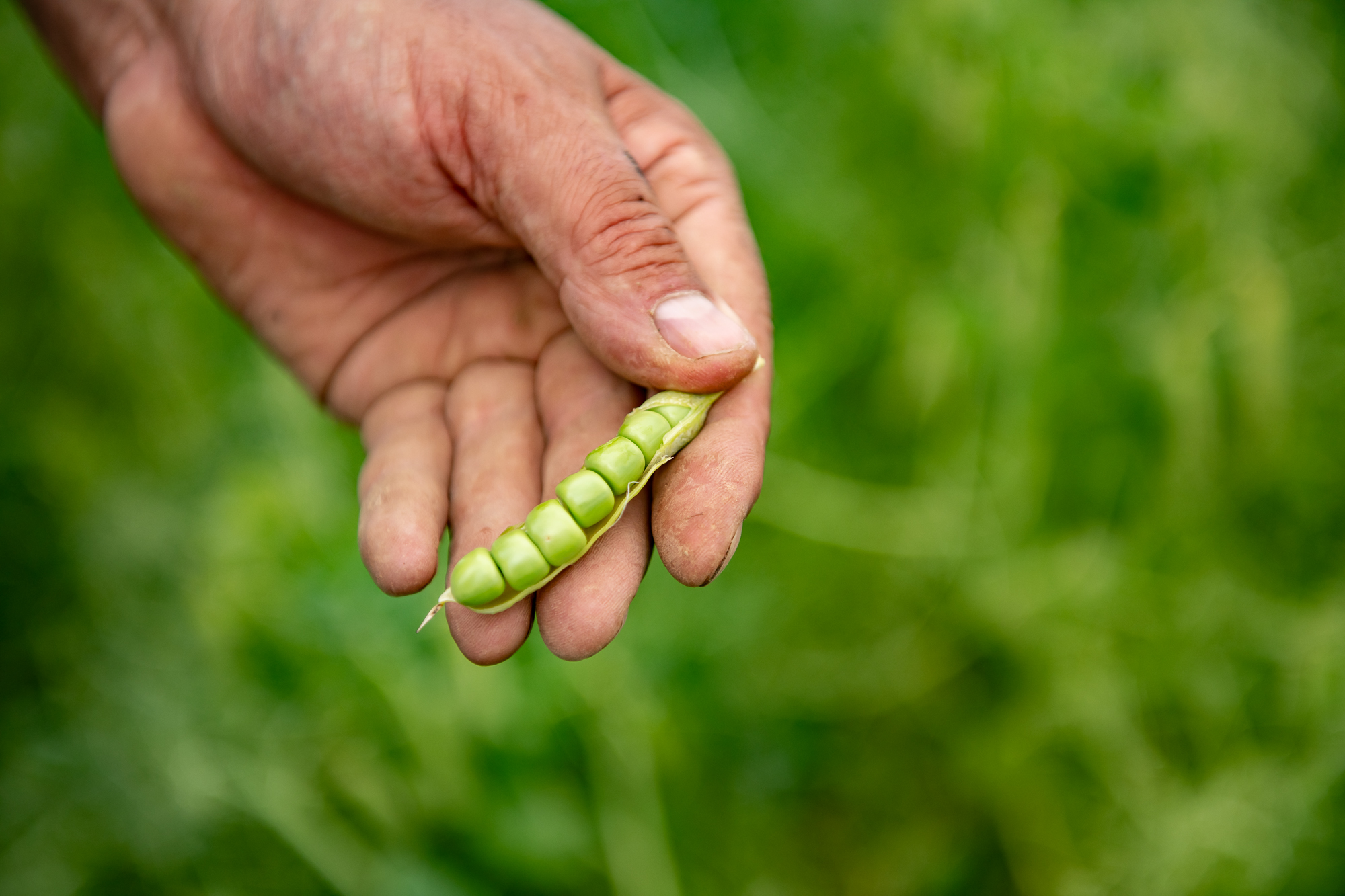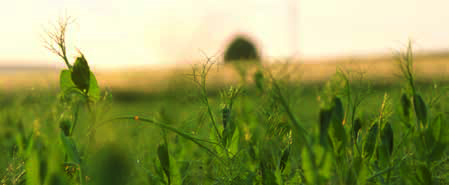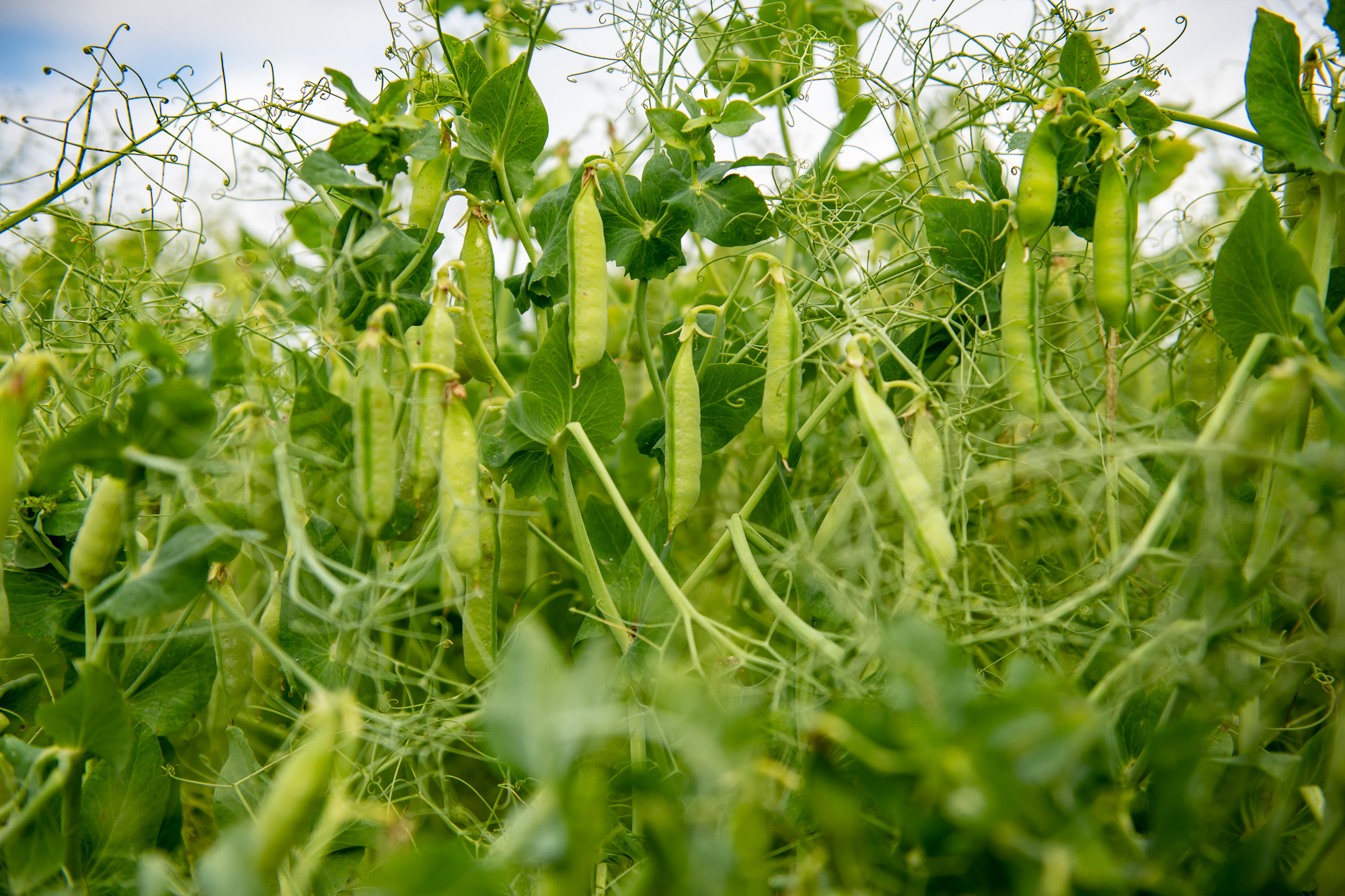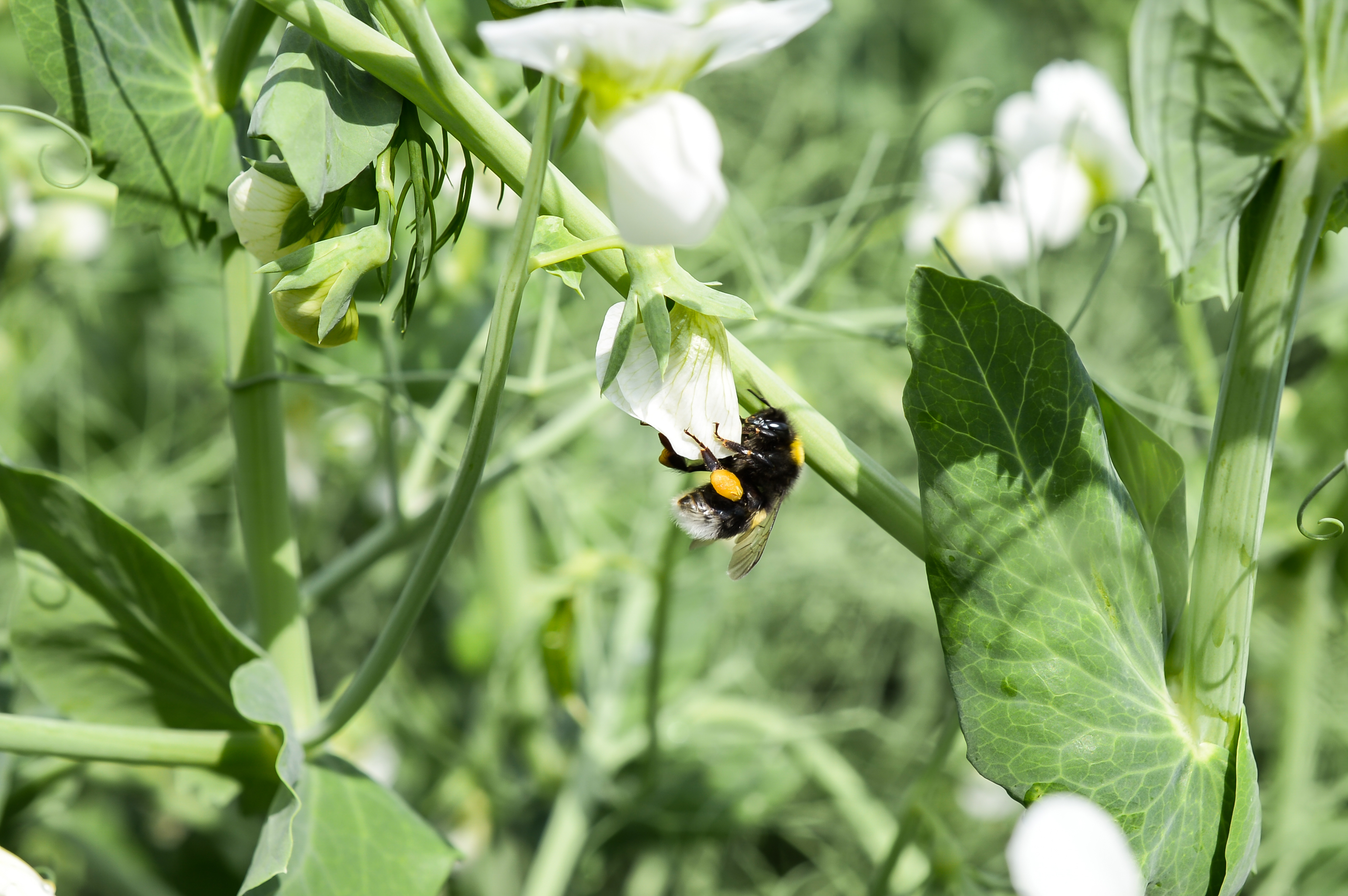Grain peas as crops of the future:
sustainable, regional, and rich in protein!
The global market for protein crops is growing – and with the shift towards a more plant-based diet, the demand for grain peas in particular is increasing. Alongside the regional production of plant proteins for feedstuff and human nutrition, the use of legumes also contributes to climate protection.
KWS began cultivating yellow grain peas as far back as the 1980s and now boasts a huge potential genetic pool of pea varieties. Both the yellow and green varieties of grain peas from KWS are suitable for human nutrition as well as for feedstuffs. They adapt to different growing regions, are very easy to process, and are threshed directly in the field, with the seed marketed to farms by breeding operations.
Peas make an important contribution towards more sustainable agriculture. They bind atmospheric nitrogen and produce high-quality protein in the plant that can be used for both human nutrition and animal feed.
Area under cultivation in Europe
Area under cultivation in Europe
Increase in area under cultivation over 10 years:
Average yield 2010-2020:
Total yield 2020:
plants without transportation
As KWS, we have set ourselves a target for the future: to tap into the world’s biggest pea markets across the globe.
Contact
